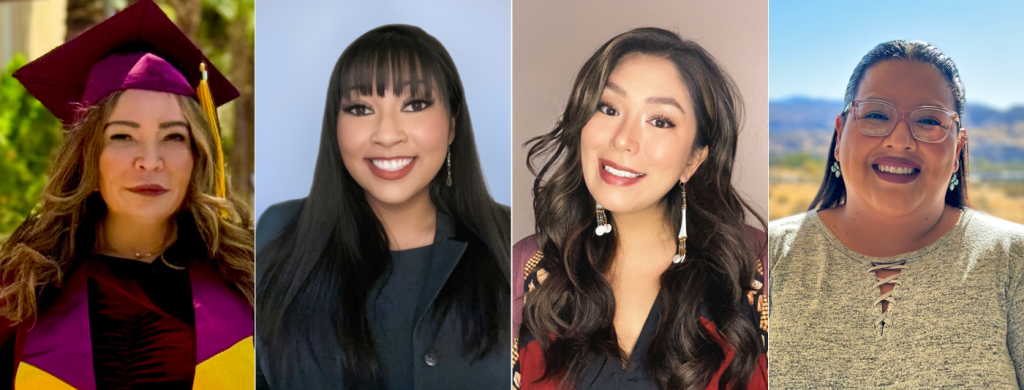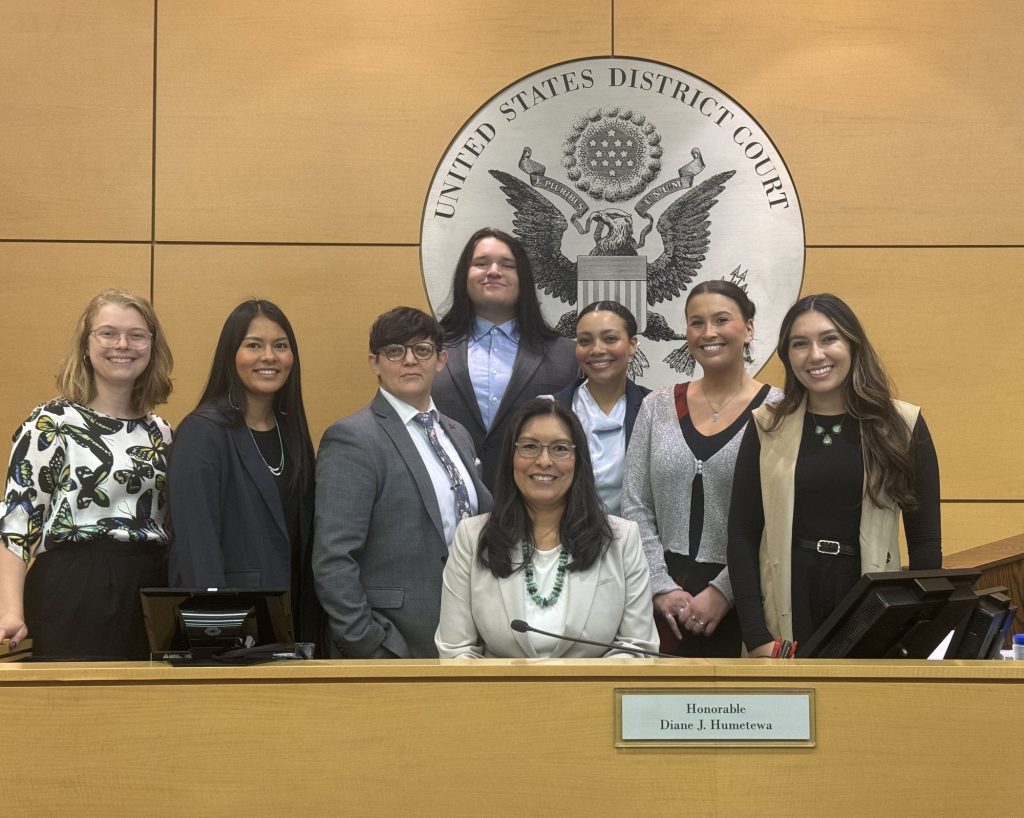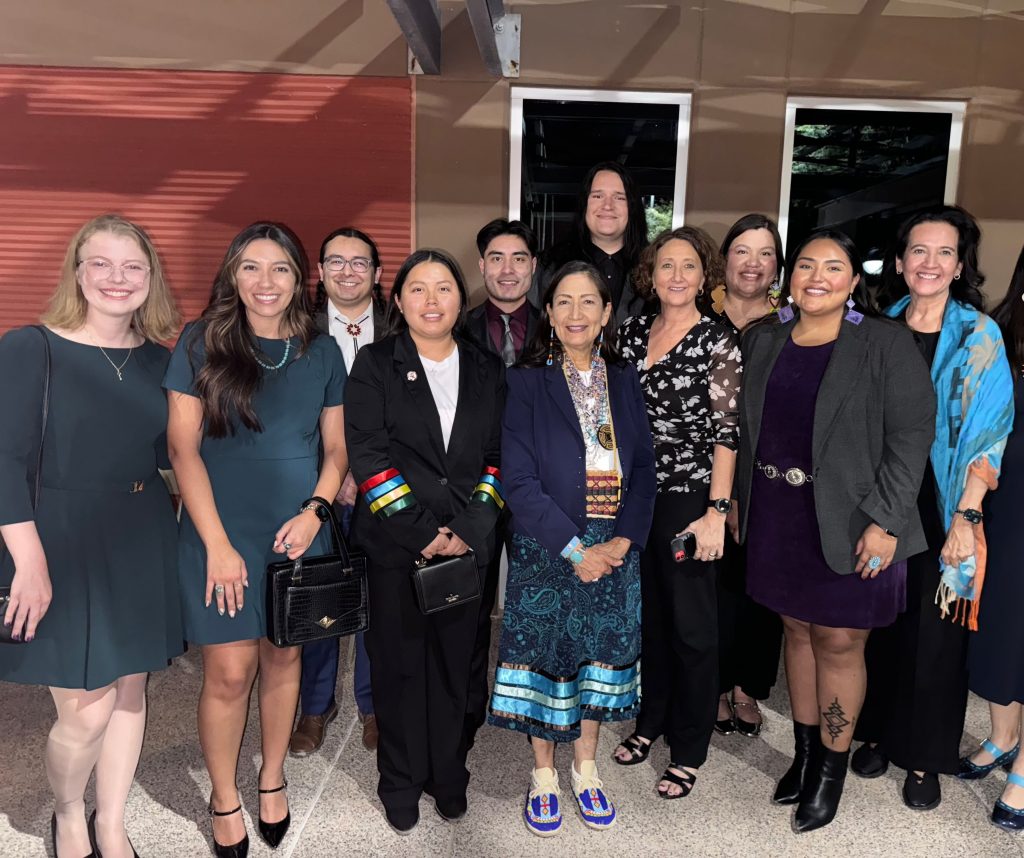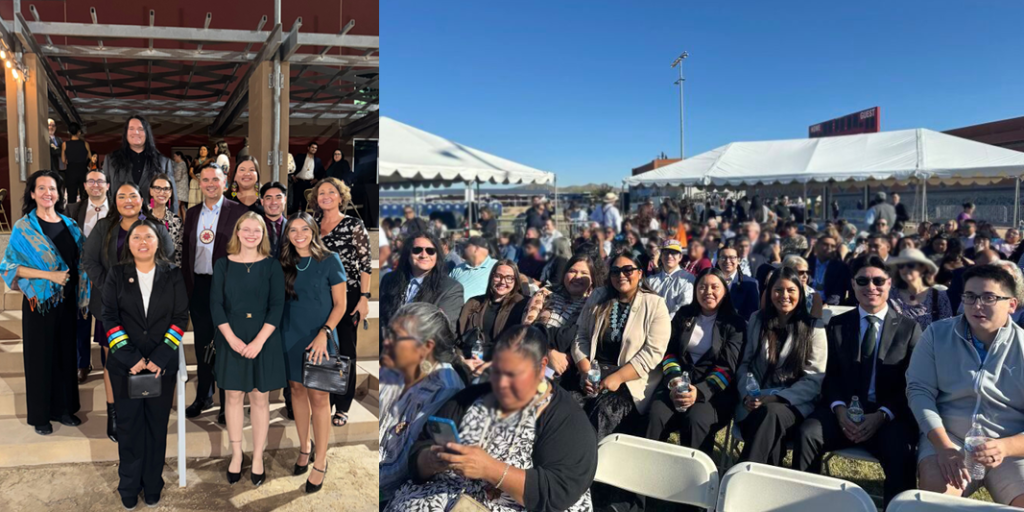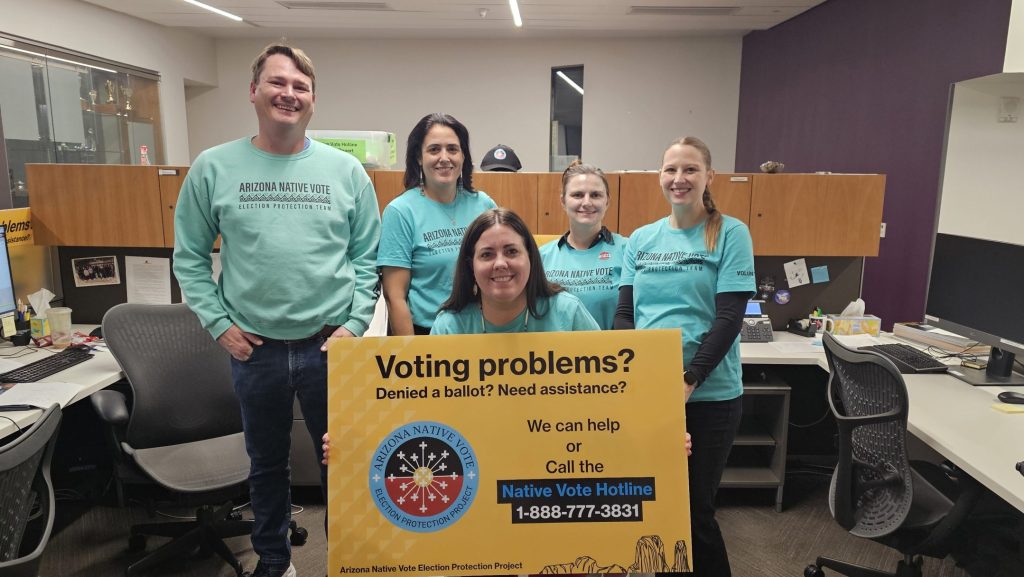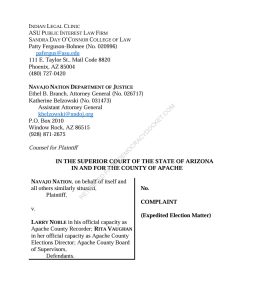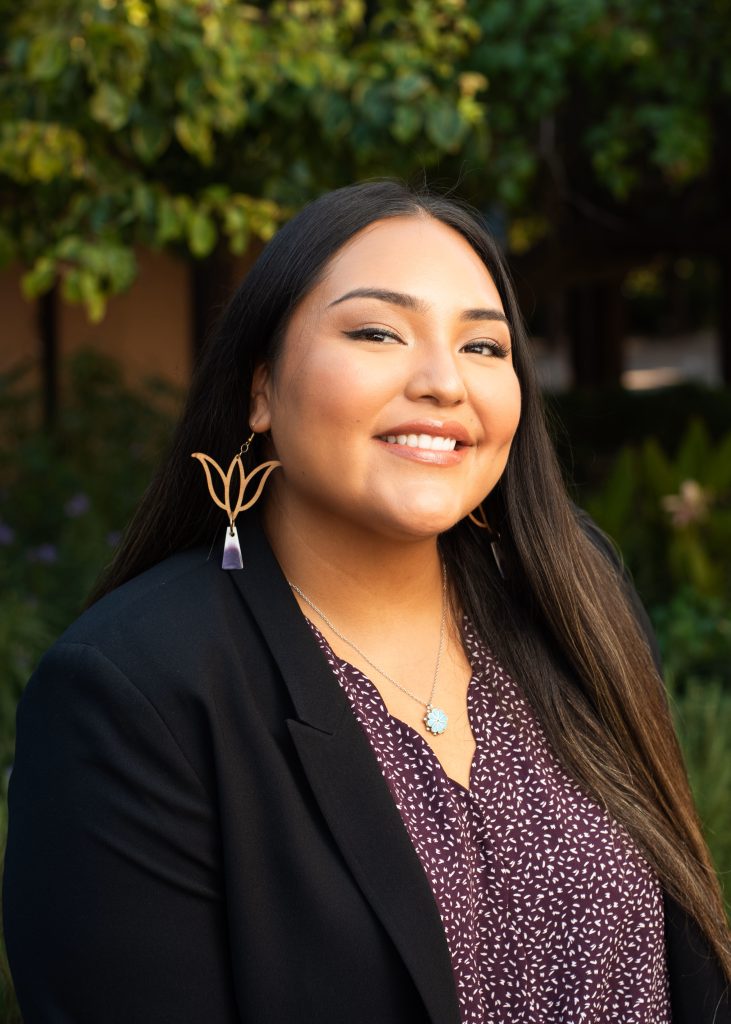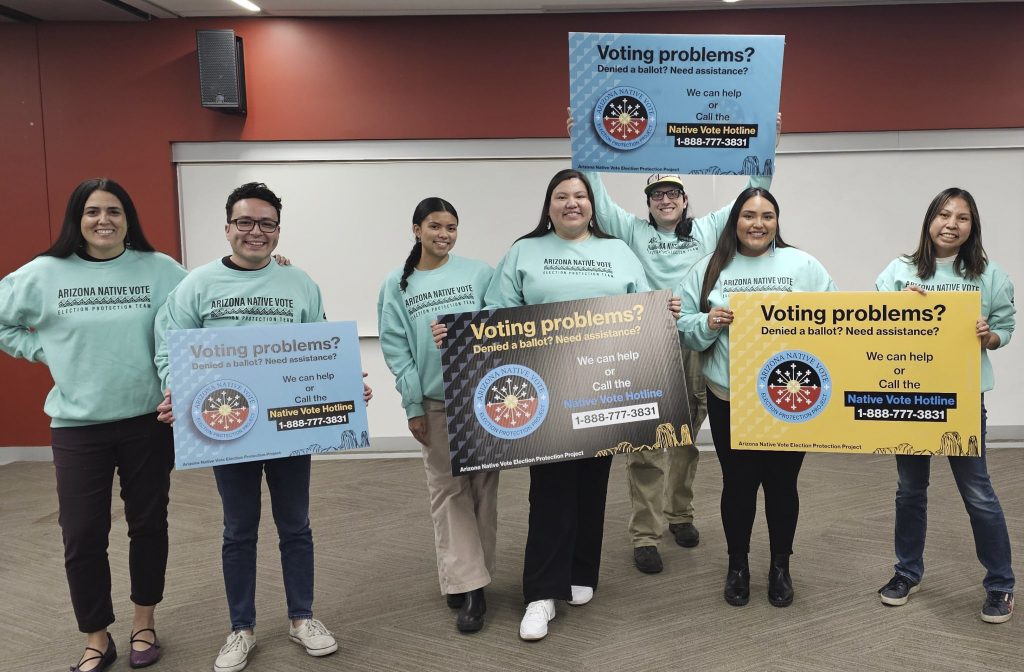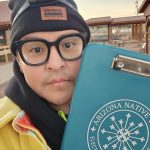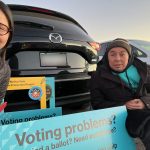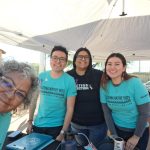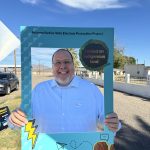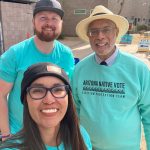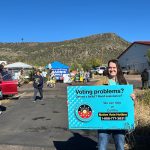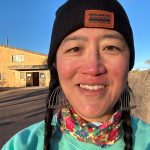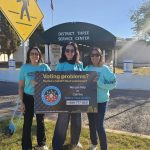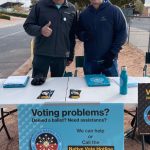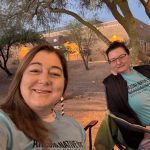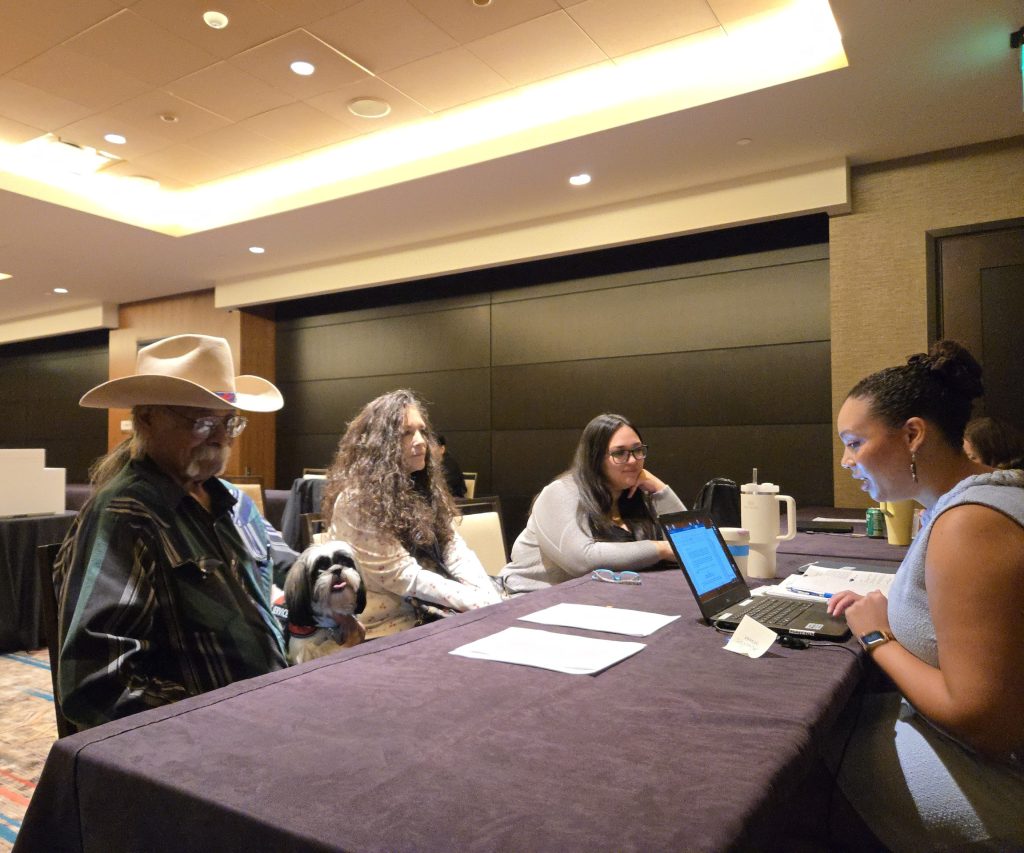Shelbyville, MI
SUMMARY
The Staff Attorney provides legal counsel and legal representation to the departments of the Gun Lake Tribal Government, as well as business entities and enterprises of the Tribe as assigned by the General Counsel. The Staff Attorney advises governmental departments and subordinate entities regarding legal rights, practices, and allocation of legal resources.
The Staff Attorney delivers legal services including without limitation: advice, negotiation, drafting of policy or laws, research, litigation and administrative or other formal proceedings. The Staff Attorney provides written opinions and memoranda intended to guide and interpret policy and law of the Tribe.
ESSENTIAL QUALIFICATIONS:
- Juris Doctorate (J.D.) from an accredited law school
- One to two years of professional legal experience
- Active license to practice law and member in good standing of the Michigan Bar, or admitted to Michigan Bar within six months of hire
- Candidates seeking admission to the Michigan Bar must supply evidence of alternative State Bar admission and licensure in good standing
- Experience reviewing and preparing contracts and other legal documents
- Knowledge of Native cultural practices
- Knowledge of Federal Indian Law
DUTIES AND RESPONSIBILITIES include, but are not limited to, the following:
- Provides legal counsel and guidance to Tribal Departments legal matters including personnel law, policies, procedures, rules and regulations, contracts and grants, worker’s compensation, liability and insurance matters, and other practice areas as assigned.
- Reviews, researches, interprets, and prepares both written and oral opinions on a wide variety of legal issues.
- Drafts and reviews ordinances, policies and procedures, regulations, bylaws, and other legal documents for authorization.
- Reviews contracts, leases, and other legal documents; researches legal issues and recommends revisions as necessary.
- Collaborates with outside counsel, as directed.
- Provides training to the staff and/or community on various legal issues through seminars and meetings.
- Maintains professional growth and development through seminars, workshops, and professional affiliations to keep abreast of latest developments in law and in other related areas.
- Performs miscellaneous job-related duties as assigned.
OTHER SKILLS AND ABILITIES
- Superior verbal and written communication skills.
- Thorough understanding of technology.
- Excellent interpersonal and customer service skills.
- Excellent organizational skills and attention to detail.
- Excellent time management skills with a proven ability to meet deadlines.
- Strong research, analytical, and problem-solving skills.
- Ability to prioritize tasks and to delegate them when appropriate.
- Ability to function well in a high-paced and at times stressful environment.
- Proficient with Microsoft Office Suite or related software.
SUPERVISORY RESPONSIBILITIES (if required)
As delegated or assigned by the General Counsel.
PHYSICAL REQUIREMENTS (if required)
- Prolonged periods sitting at a desk and working on a computer.
- Must be able to lift up to 15 pounds at times.
CONDITIONS OF EMPLOYMENT
Office setting, controlled environment. Periodically may be exposed to casino areas including smoking.
SECURITY SENSITIVE (if required)
Highly sensitive position. This position will have access to information that is security sensitive and thereby subject to additional provisions of confidentiality
DISCLAIMER
The above statements are intended to describe the general nature and level of work performed by persons assigned to this job. These statements should not be construed as an exhaustive list of all responsibilities, duties, and skills required.
All applicants must be able to demonstrate their US work authorization during the employment verification process. The pre-employment process also requires the ability to pass a criminal background investigation and drug/alcohol test.
INDIAN PREFERENCE
The Match-E-Be-Nash-She-Wish Band of Pottawatomi Indians recognizes Native American preference in its hiring and employment policies.
EMPLOYER BENEFITS AND COMPENSATION
- The Gun Lake Tribe offers a competitive base salary and the best benefits package around
- Medical, dental, vision and telehealth coverage for employee and all dependents, with no employee premium!
- Paid Time Off and 15 paid Holidays
- Short-and-long term disability coverage
- Life insurance for the employee, spouse and their dependents
- Pension plan for Public Safety employees
- 401K/Roth retirement plan with employer matching contributions
- Employee Assistance Program
- Employee Wellness Program
- Voluntary Benefits: AFLAC and Flexible Spending Account, additional life insurance
- On-site gym, free memberships for entire household
- One hour paid lunch break
TO APPLY
You are required to register and apply through our online employment portal to be considered for this position. https://gunlaketribe-nsn.gov/employment/
If you require assistance or to apply in person, please call 269.397.1780 to schedule an appointment.
External Job:https://click.appcast.io/track/l3cbuon?cs=ovb&exch=4s&jg=7tqa&bid=TMQKNCFaov4fFLqS_v4dTg==&ob=m4fXsRab8WiJeRDeNW_RsQ==&sar_id=1u2ei3y9&jpos=
